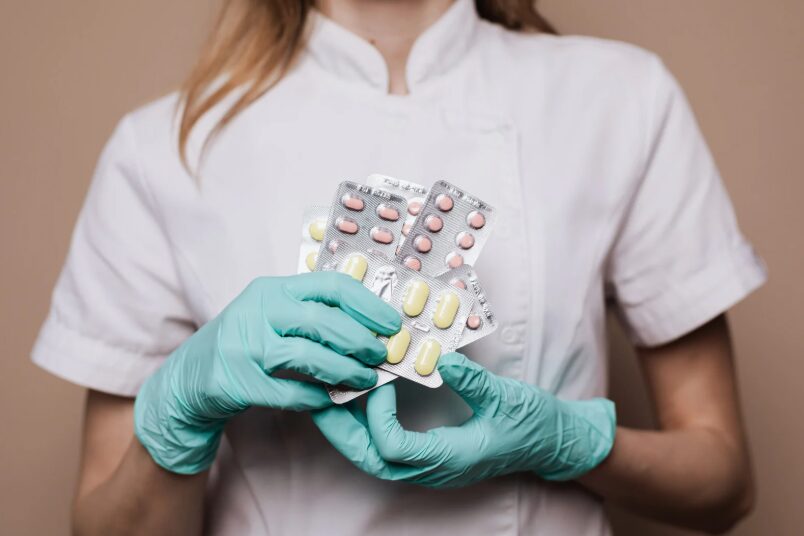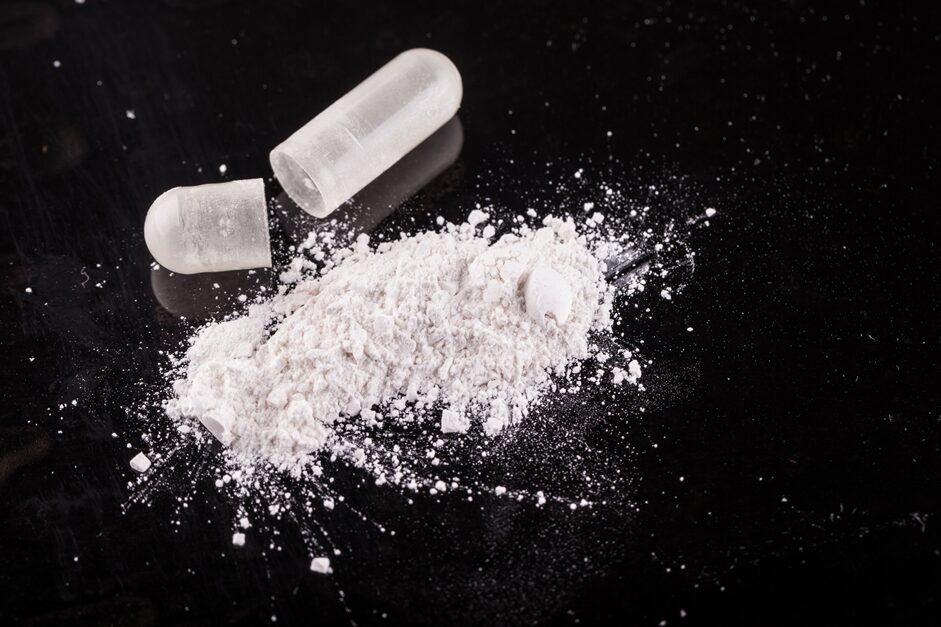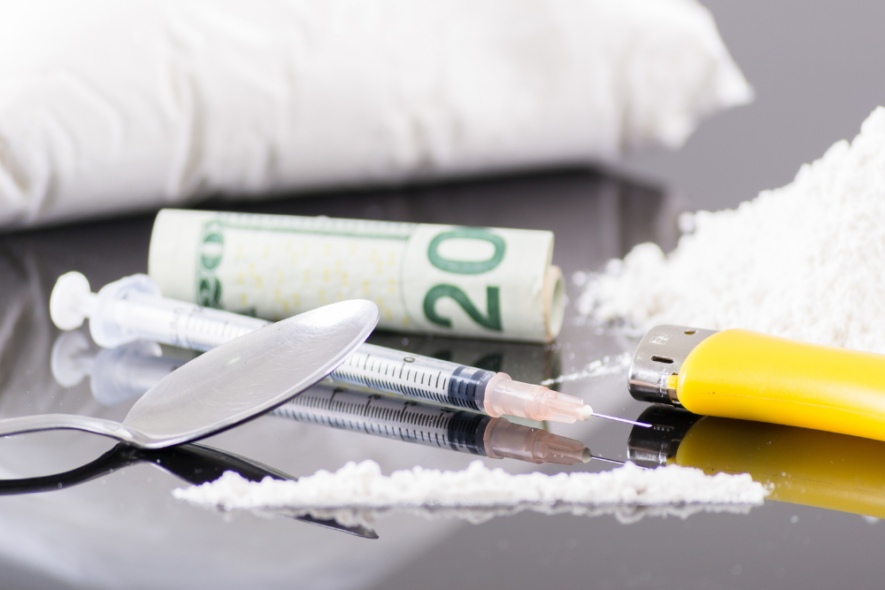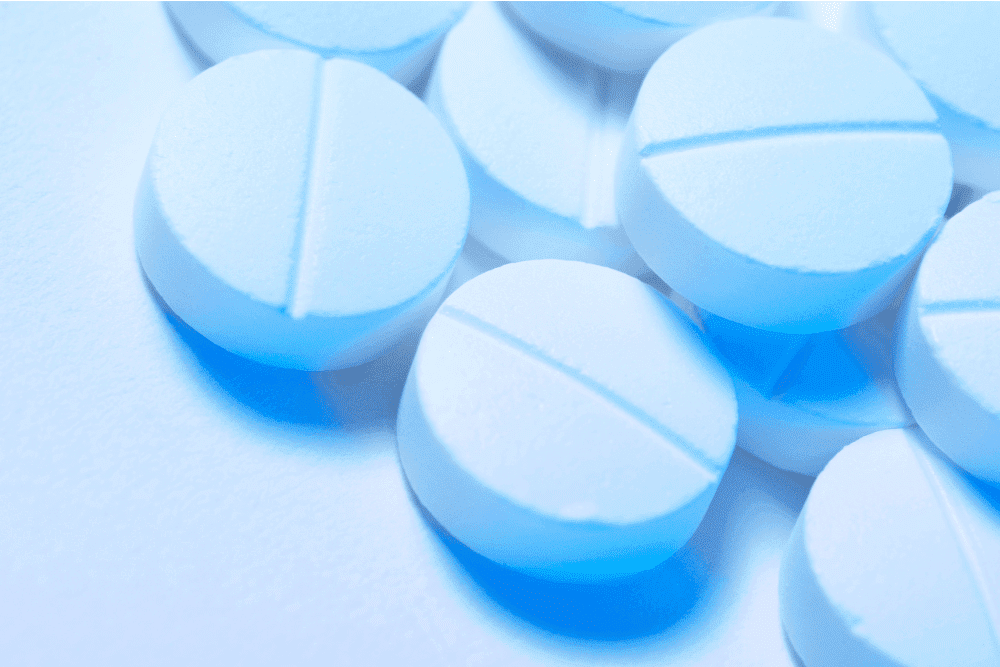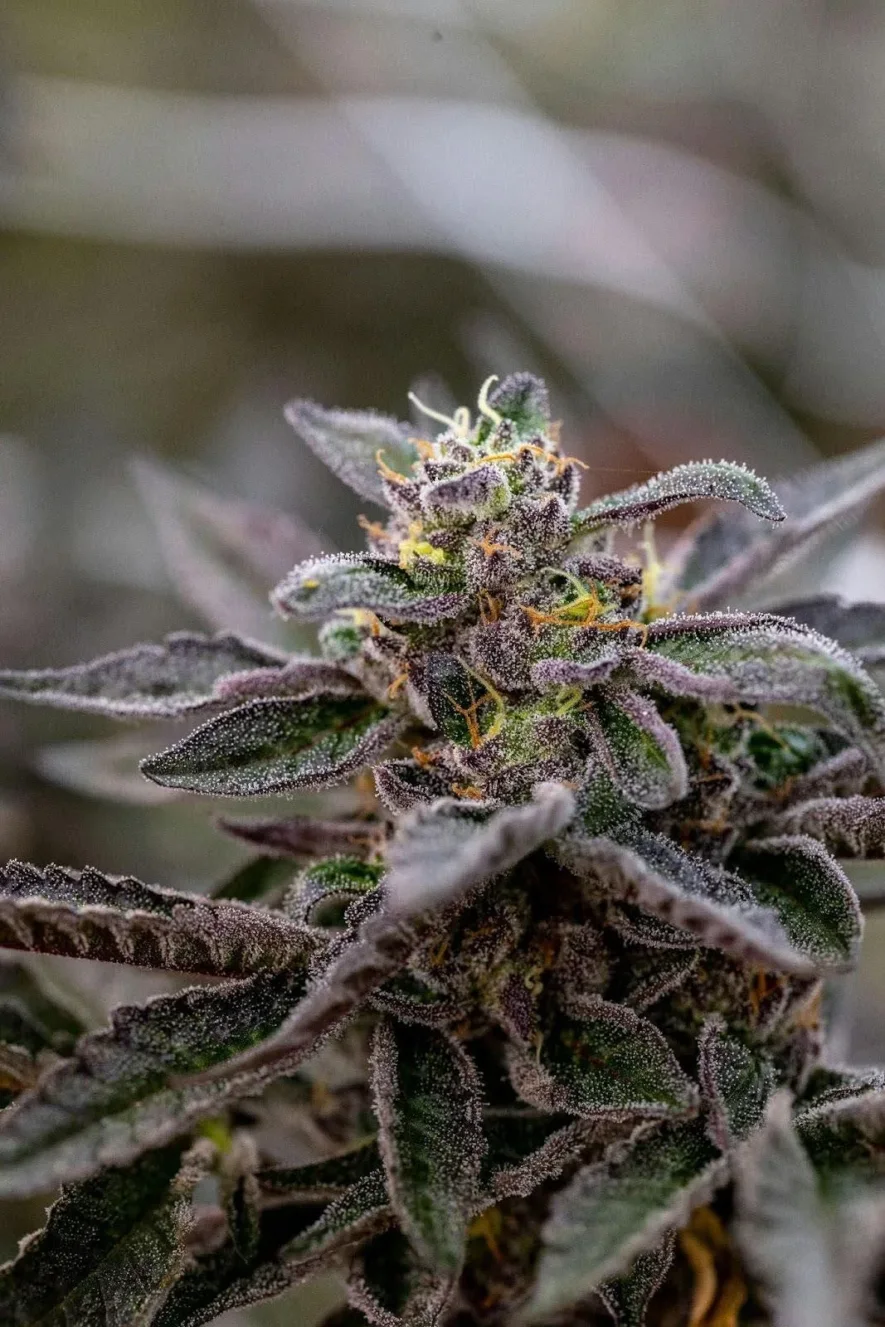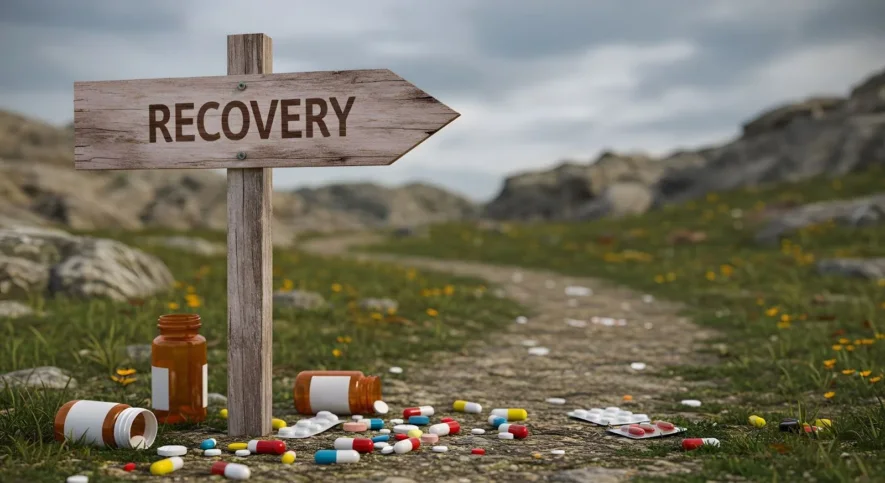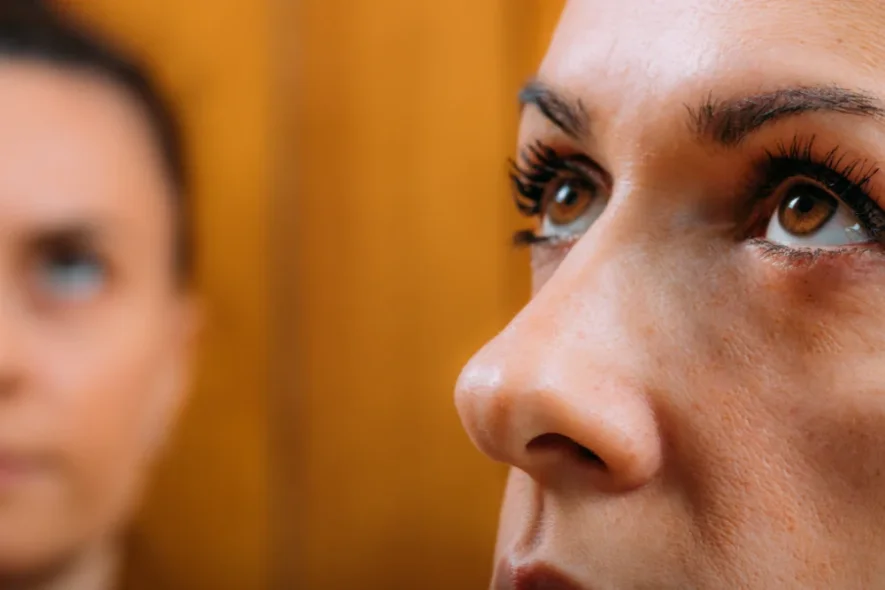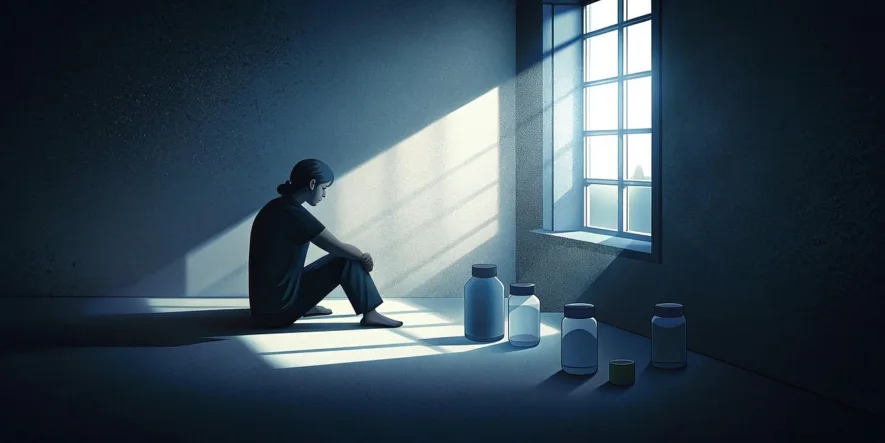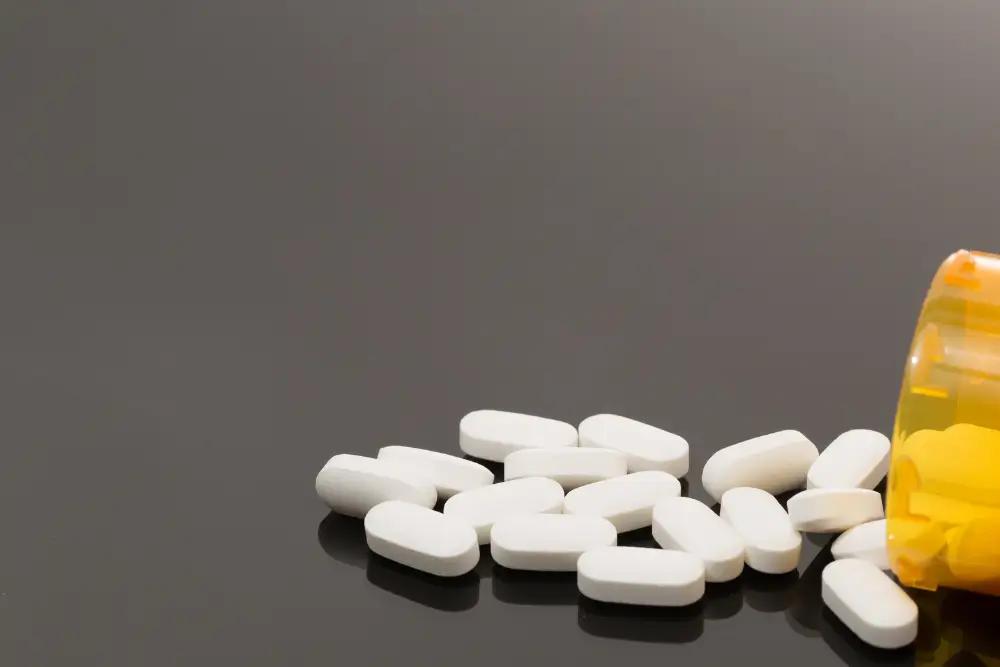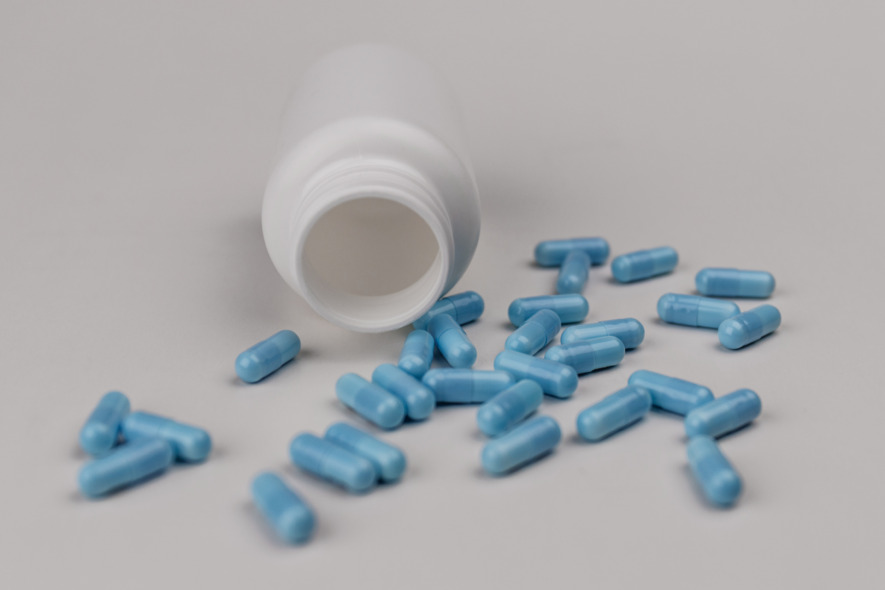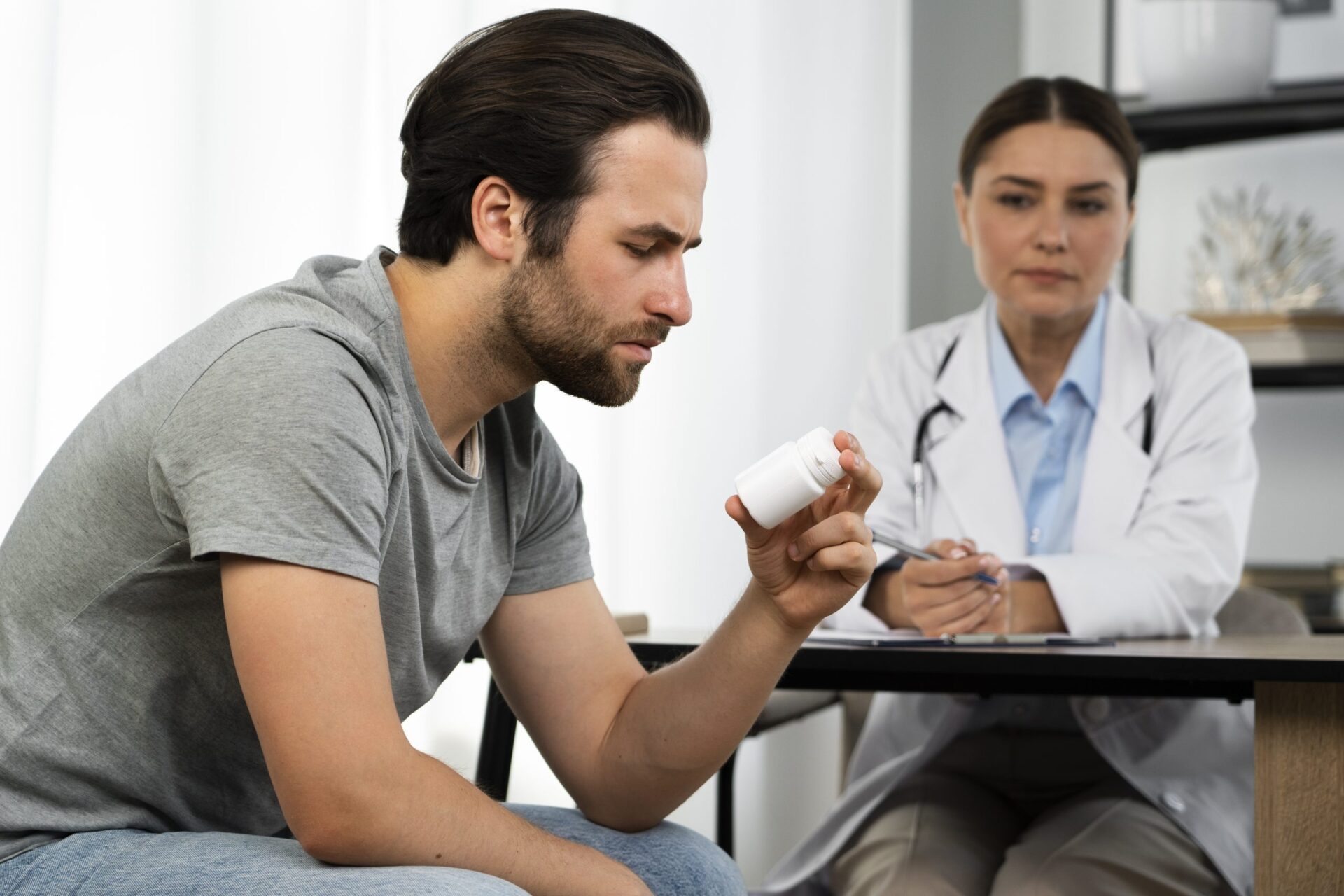It is very common to suffer from two disorders at the same time. More often than not, one can be causing the other. It can be extremely difficult to treat either one on your own without understanding why they are co-occurring disorders. Understanding depression and drug use, and working through it, is a gradual process that requires the help of addiction and mental health specialists. It’s very easy to say, “I want to get better”, but without the necessary tools, the journey to recovery cannot even begin.
Table of Contents
What Is A Co-Occurring Disorder?
A co-occurring disorder is when a person suffers from both a substance abuse problem and a mental health illness. According to the Substance Abuse and Mental Health Services Administration, roughly 9.2 million adults in the United States suffer from co-occurring disorders. This dual diagnosis of addiction and mental illness can seem daunting and insurmountable to the millions plagued by it. However, the reason millions are afflicted with it is because it is so common to have both problems at the same time. They tend to feed off each other and one cannot be healed without the other.
How Depression Leads To Substance Abuse
It is not too hard to comprehend how depression might lead someone down the path of substance abuse. To quote the National Institute of Health Sciences, “An estimated one-third of people with major depression also have an alcohol problem”.
Everyone has good days and bad days. Everyone suffers from the highs and lows of everyday life. However, with clinical depression, the lows can last weeks, months, or even years. Depression can be so debilitating that it affects the person’s ability to function both in their personal lives and professional lives. Symptoms of depression include feeling useless and hopeless, lack of interest in family, work, and hobbies, irritability, difficulty sleeping, difficulty with concentration, and changes in appetite. More severe symptoms can include reckless behavior, suicidal thoughts, and the use of alcohol or drugs to cope with the depression.
When someone is suffering from depression, drugs or alcohol may seem like the only way out. Chemical intoxicants allow the person to self-medicate. They may start relying on these substances to relieve and dampen their depression symptoms. At first, it may be infrequent drug or alcohol use to provide short reprieves from their suffering. However, that’s an extremely slippery slope which will lead to larger doses and more frequent intake. The end result is the same, a dual diagnosis of both depression and substance abuse disorders.
Depression Can Be Caused By Addiction
It’s pretty easy to understand how depression can lead to addiction. When someone is so down and out in life and can’t dig themselves out of that hole, drugs and alcohol may truly seem like the only solution. However, it can work the other way around as well. Substance abuse can lead to depression. Many substances, for example, alcohol, act as a depressant and can cause many symptoms including irritability and depression.
Meanwhile, stimulants like MDMA and cocaine may provide short-term euphoric feelings, but once the euphoria fades, feelings of depression and sadness can set in. To combat those feelings, the person will take even more stimulants. However, the higher the high, the lower the low, thus starting a vicious cycle of combating depression. Clinically speaking, the chemical effects of drugs and alcohol on the system can dangerously alter the brain’s chemistry, making the brain much more susceptible to succumbing to mental illness.
It’s also important to understand that addiction is an illness. If someone is in the throes of addiction, they can truly feel like there is no escape. They may secretly yearn to be free from the chains of alcohol or drug abuse, but try as they might, they cannot see a way out. That realization can trigger a downward spiral into depression. Once a person feels so hopeless and like there is no way out, they can become pessimistic, depressed, and listless.
How To Help Someone With Addiction & Depression
You may be wondering how to help someone with drug addiction and depression. As much as we would love to be there for our loved ones and help them through whatever they are suffering with, it is important to understand that we cannot do it alone.
Since addiction and depression are bi-directional disorders, meaning depression can cause addiction and addiction can cause depression, it is imperative to treat both. Particularly because the symptoms of both can be so overlapping, it may be difficult for the addict to understand that they actually need treatment for co-occurring disorders. It can be easy to mistakenly think that if the addiction is cured, so will the depression, or on the flip side, if the depression is cured, they will no longer need to turn to alcohol and substance abuse.
While this logic is not entirely wrong, the approach is wrong. In order to treat two illnesses, they must be tackled simultaneously. Picture it as a monster with two heads. Killing one head won’t vanquish the monster. Both heads must be severed at the same time. A conquest of that size cannot be done alone.
At Wellbrook Recovery, we aim to provide a dual-treatment approach to addiction and depression. Our approach is intensive because the combination of depression and addiction results in severe symptoms, including lack of basic function and suicidal thoughts. Treating both disorders simultaneously will yield the most effective results.
How To Treat Depression & Addiction
Located in Wisconsin, our inpatient residential rehab offers a two-pronged approach in order to overcome the dangerous cycle of depression and addiction. Medications, such as selective serotonin reuptake inhibitors, can help to alleviate symptoms of depression. Our team of medical professionals can help determine which antidepressants would be best considering the patient’s history with substance abuse. Meanwhile, our mental health professionals will work together with the patient to address both the drug addiction and depression.
Our therapies include cognitive behavioral therapy, motivational interviewing, and more. Cognitive behavioral therapy will address both the mood disorder and the substance abuse disorder by helping patients overcome the harmful thoughts and behaviors that have affected their daily functioning. Motivational interviewing will allow patients to strengthen their resolve and be serious about the life changes they want to make.
The success of your recovery will always be our driving force at Wellbrook Recovery. Our personalized treatment programs offer both medical and holistic approaches to better your physical, emotional, and spiritual health. We understand that a dual diagnosis can be scary but it is our mission to provide you with the tools necessary to overcome depression and addiction. We will be there for you every step of the way on your path to addiction and mental health recovery.



